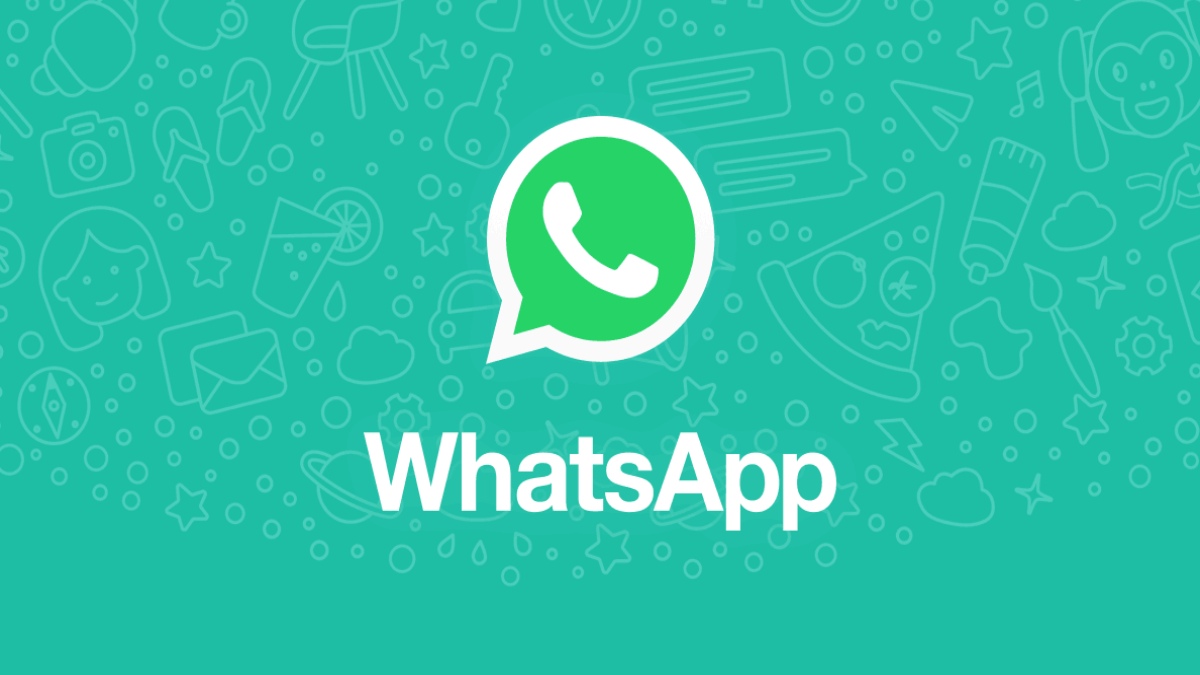


On February 25, 2021, the Information Technology (Intermediary Guidelines and Digital Media Ethics Code) Rules, 2021 were notified, with the aim of regulating social media intermediaries by enforcing a code of ethics and mandating a three-tier grievance redressal framework.
Facebook-owned platform WhatsApp has filed a complaint in the Delhi High Court, claiming that the “traceability” provision violates a person’s right to privacy as enshrined in the Supreme Court of India judgment of ‘KS Puttuswamy v. Union of India’. The petition asks for the requirement to be declared unconstitutional and its implementation to be halted.
According to WhatsApp, traceability would “turn over the names of people who shared something even though they did not make it, shared it out of interest, or sent it to verify its accuracy.” It is apprehended that “innocent people may get caught up in investigations, or even go to prison, for posting material that later becomes troublesome in the eyes of a government, even though they didn’t mean any harm by sharing it in the first place.”
WhatsApp believes that such a system could put journalists at risk of retaliation if they investigate controversial issues. Furthermore, civil and political activists may face retribution if they discuss certain rights or criticise or advocate for politicians or policies. WhatsApp also claimed that the clause violates the principle of end-to-end encryption by requiring private companies to collect and retain “who-said-what and who-shared-what” data for billions of messages every day only to fulfil law enforcement agencies’ demands.
The three-month window granted by the Central Government to social media platforms such as Facebook, Twitter, and others to comply with the new social media rules ended two daays ago ie., May 25. The Rules were notified under the Information Technology Act, 2000, and replaced the Information Technology (Intermediaries Guidelines) Rules, 2011.
Yesterday, in a press release, the Indian Government stated that it recognises the “Right to Privacy” as a fundamental right and is committed to providing it to its citizens. It also added that, “as per all established judicial dictum, no Fundamental Right, including the Right to Privacy, is absolute and is subject to reasonable restrictions.”